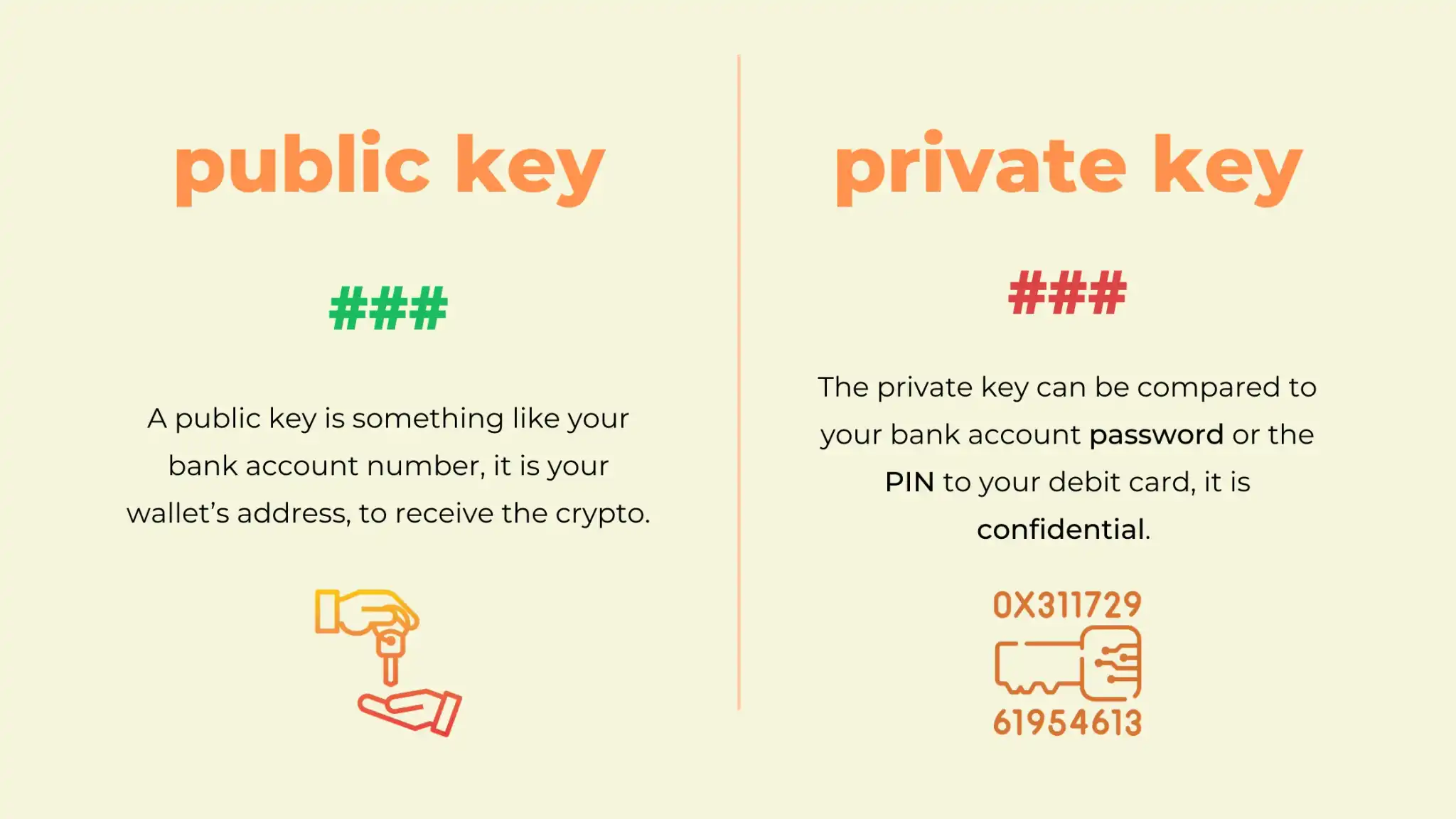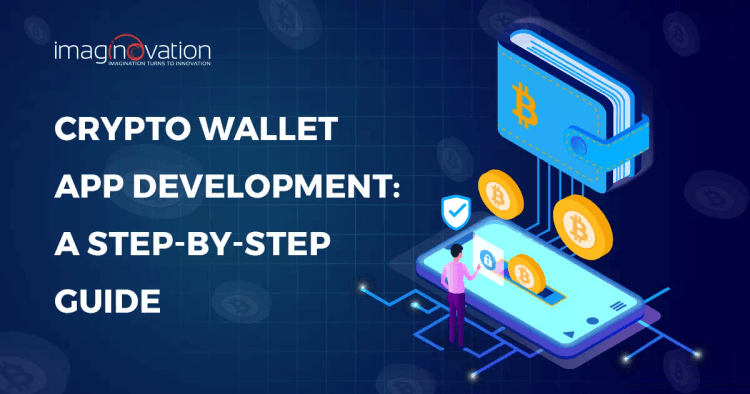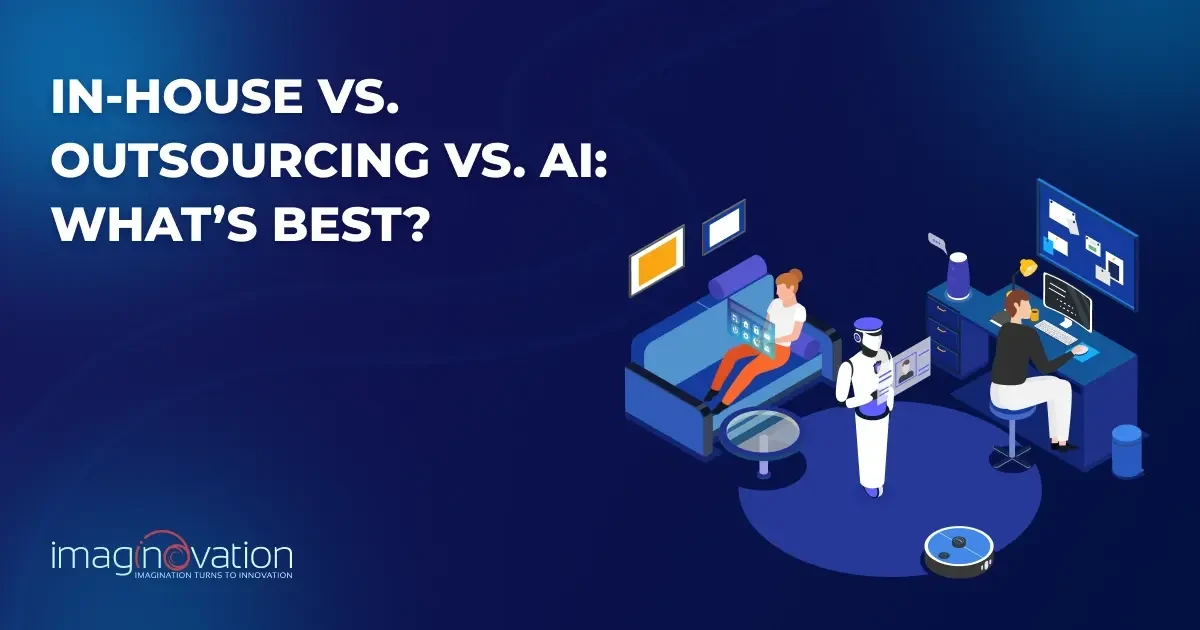The cryptocurrency market has grown remarkably well in the last few years. Crypto traders are making huge profits on their investments, and it seems that this trend is going to stay for a long time.
The future of crypto trading looks promising; therefore, it’s the right time to invest in developing a crypto wallet for a wide consumer base.
Now, the question is, how do you build an appealing crypto wallet that users will love?
In this blog, we will discuss the essentials of a crypto wallet – why it is needed, the features that must be included in it, and how to develop an incredible crypto wallet.
Let’s start!
What is a Cryptocurrency Wallet?
Much like any other digital wallet, a cryptocurrency wallet helps users store, send, and receive cryptocurrency.
It is a piece of software that securely stores cryptocurrencies and keeps track of transaction records, including buying, selling, and lending. Users can easily download and install a cryptocurrency wallet on their smartphone or any other compatible device.
Here’s how crypto wallets function:
To transact in crypto, you need two things: your wallet address, also known as your public key, and your private key.
A public key is similar to your bank account number. You can share your bank account number with others to send or receive money. Likewise, you can share your public key, which is your wallet’s address, to receive cryptocurrency.
The private key of your crypto wallet is comparable to your bank account password or the PIN for your debit card, which is confidential. You wouldn’t share your PIN with just anyone, as that would give them direct access to your bank account.
A private key is a password that provides access to your cryptocurrency.

Whenever you want to acquire cryptocurrency, whether through purchasing it or receiving it as a gift, you direct the sender to a unique cryptographic address issued by your wallet.
So, the cryptocurrency wallet doesn’t directly hold your crypto coins within your wallet – They live on the blockchain. Since cryptocurrency doesn’t exist in any physical form, the crypto wallet stores the information related to your public and private keys, which represents your ownership stake in the crypto.
With the help of these keys, you can send or receive cryptocurrency while keeping your private key completely encrypted.
Types of Crypto Wallets
Depending on what users plan to do with crypto, there are various crypto wallet options that you can launch in the market.
For example, many long-term crypto investors plan to hold onto their wallets for an extended period. That’s why they might choose a wallet that has great security features. On the other hand, users who actively trade cryptocurrencies may look for convenience and speed.
Based on whether the wallet can be connected to the Internet or not, it is categorized into cold and hot crypto wallets.
Cold Wallet
These are the hardware wallets. They store your keys offline on a device that’s not connected to the Internet. Many in-demand cold storage wallets look similar to a USB drive.
At times, paper wallets — with print information about your public and private keys on a sheet of paper — are also used as cold storage.
Many crypto followers see cold storage as the best option for protecting your digital assets. Since they’re offline, these wallets are considered the most difficult type of wallet to hack. But, they can be easily lost or misplaced.
Hot Wallet
These are software-based wallets. They are more user-friendly but a little less secure as compared to cold wallets.
You can access a hot wallet by downloading a software program to your computer desktop, or an app on your smartphone. There are different types of hot wallets, as below:
1. Desktop Wallets
Desktop wallets are meant to be used on a desktop computer or a laptop. They can be accessed from the computer on which they were originally installed.
Desktop wallets are considered secure except in cases of a virus attack on your computer. Some examples of desktop wallets are Bitcoin Core, Bitcoin Knots, MultiBit, Armory, and Electrum.
2. Mobile Wallets
Mobile wallets usually have similar features as desktop wallets have. But they make it easy to process payments at physical stores by scanning QR codes with touch-to-pay and NFC (Near Field Communication).
Bitcoin Wallet and Hive Android are some examples of mobile wallets.
3. Web Wallets
Web wallets allow for effortless access to cryptocurrencies from anywhere—using any browser or mobile device. They function on the cloud and are very convenient because private keys are stored online.
However, they can sometimes become vulnerable to hacking attacks, as they are indirectly controlled by a third party.
Why is There a Need for Cryptocurrency Wallet Development?

Following the phenomenal success of cryptocurrencies like Bitcoin and Ethereum, more and more people have started investing in digital currencies. In fact, new cryptocurrencies are emerging in the market all the time.
While some cryptocurrencies, like Bitcoin and Ethereum, have developed their own crypto wallets, traders who wish to invest in multiple cryptocurrencies often seek wallets compatible with various digital assets.
Additionally, crypto wallets have diverse applications for business use. Businesses can develop their own crypto wallets and integrate them with payment systems and other business solutions.
A mobile cryptocurrency wallet is a widely-used blockchain wallet. Once downloaded onto a smartphone, the app can be accessed anywhere, even in physical stores.
Cryptocurrency mobile apps are frequently in demand, and companies opt to build them because:
- They are smaller and less complicated compared to other types of wallets.
- They make transferring digital currencies faster, easier, and more convenient.
Moreover, transactions through these wallets are anonymous, encrypted, inexpensive, and decentralized.
Mobile wallets provide the highest level of security for crypto transactions, protecting users from fraud and data distortion.
How to Create A Cryptocurrency Wallet?
With the right plan in place, you can build a cryptocurrency wallet app that becomes widely popular.
Let’s explore how to go about developing a crypto application.
1. Understand Blockchain and Cryptos
Blockchain technology plays a vital role in crypto app development.
If you’re looking to build a crypto wallet app, you first need to explore the world of blockchain and cryptocurrencies.
Blockchain is a promising and revolutionary technology that makes digital currencies (cryptocurrencies) work, just as the Internet makes e-mails possible. As the name suggests, a blockchain is a chain of blocks where the blocks contain digital information (data), and the chain is the cryptographic principle that is used to connect the data blocks. The whole purpose of using it is to allow the sharing of valuable data in a secure way.
2. Use Standard Cryptocurrency Open-source Libraries
Most cryptocurrencies are open source, so you don’t have to reinvent the wheel. You can use free libraries and tools that are already available, such as BitcoinJ SDK or Coinbase SDK.
Coinbase SDK is a cross-platform Java library that helps developers build cryptocurrency wallets for both iOS and Android platforms. In addition, this library supports many popular languages like Python, Java, and Ruby.
BitcoinJ SDK is easy to use and has detailed documentation. Moreover, BitcoinJ is JVM-compatible and allows working with languages like C++, JavaScript, Ruby, and Python.
3. Use APIs
Using APIs is a great way to build a feature-rich cryptocurrency wallet app. When you use a distributed ledger API, it’ll allow you to synchronize your crypto wallet with the blockchain ecosystem easily. Here are a few of the most popular APIs you can choose from – Coinbase, Bitcore, SimpleSwap, and Factom.
Using these APIs, your development team can complete the necessary steps quickly, adding speed to the app development process.
4. Go Cloud
At this step, you must select the right cloud platforms for your app. You can opt for PaaS (Platform-as-a-Service) if developing a web application.
For crypto wallet app development, look for a BaaS (Blockchain as a Service) provider and integrate their cloud service into your app. BaaS products are offered by companies like Amazon, Azure, and Microsoft.
Depending on your requirements, you can choose the right provider and develop a secure cryptocurrency wallet app.
5. Select the Right Technology Stack
The right technology stack is crucial for your app’s success.
For example, if you want to build a web app, you can use Node.js or Angular.js, along with HTML5 and CSS3, to create a scalable crypto web application.
When building a native Android app, you can choose either Java or Kotlin.
For iOS apps, Swift or Objective-C can be used.
6. Accentuate Security
Security is paramount when you build a cryptocurrency wallet app. That’s why your cryptocurrency app should have top-notch security.
Consider adding extra security layers to the crypto wallet app with 2FA — fingerprint, face ID, and hardware authentication.
Developers must ensure continuous security updates. They should quickly identify and fix bugs and
7. Check Out Your Competitors
It goes without saying that you want your crypto wallet app to stand out. Therefore, it’s important to keep an eye on your competitors. Know what they are doing and which technologies they have incorporated. Check out their features to see what unique features you can add to your app.
Remember, staying informed about your competition is key to gaining a competitive edge.
8. Begin Your App Development
When you’re ready to start with the crypto wallet app development, make sure you:
- Decide on all the features of your app.
- Write the application code and integrate it with your database.
- Design a simple and user-friendly interface.
- Make sure to conduct extensive testing before the launch of your wallet.
Key Features to Include in Your Crypto Wallet App

Your cryptocurrency wallet app must offer enhanced functionality combined with your business logic requirements.
Here are the essential features that you must include in your crypto wallet app.
1. User Authorization
Given the popularity and value of cryptocurrencies, wallet apps are prone to many security attacks.
That’s why it is always best to enhance the user authentication of your crypto wallet app with a two-factor or multi-factor authentication (2FA or MFA). The 2FA or MFA provides an additional layer of security that many conventional non-crypto apps do not offer.
This is done in addition to your username and password to make access to your wallet all the more secure.
2. QR Code Scanner
A QR Code Scanner feature adds speed, convenience, simplicity, and security to your crypto wallet app transactions.
If your crypto wallet app has a QR code scanner integration, it can facilitate automatic scanning of the wallet address and the public keys. As a result, it enhances cryptocurrency transactions with just a single click.
So instead of typing all the long characters of public keys one by one, the app user can scan the QR code, and the information is grabbed through the scanner. It is a safe and secure way to do cryptocurrency transactions.
This feature is preferred because the app users will have to type long wallet address characters in the absence of this feature, making the probability of missing a few characters or typing incorrectly much higher.
3. Multiple Cryptocurrencies
Your wallet must support more than one cryptocurrency.
It is because many different currencies are added time-to-time, and their values keep on changing. So you wouldn't want to keep many other wallets to store your cryptos. Would you?
So your cryptocurrency wallet app must allow you to transact different currencies seamlessly.
4. Paper Wallet Import
Your app must allow its users to scan a paper wallet using the QR code for sending and receiving crypto money.
5. Push Notifications
Push notifications are an essential feature through which your users can always be alerted & notified of crypto transactions. With this feature, the users of your cryptocurrency application will be notified about the price of their digital money, the success, as well as the failure of any transactions, etc.
This feature can ensure that notifications to all transactions on your account are done in real-time.
6. Latest Conversion Rates
No cryptocurrency wallet app is complete without access and calculating transaction fees based on ever-changing conversion rates.
That is because the crypto wallet app allows its user to make money transactions between multiple modes – For example, the same digital currency, different digital currencies, or even between digital and fiat currencies. This will undoubtedly require that they are apprised of the updated currency value in real-time.
7. Blockchain-Based Transactions
The blockchain technology on which your crypto app development should be based is a game-changer. Thanks to it, your users will be able to transfer and receive digital currencies via your crypto application in an entirely tamper-proof and fast manner.
Moreover, they can view their available balance and the entire transaction history. This is because all completed transactions are transmitted to the blockchain network.
8. Managing Familiar Addresses
This feature aims to make the entire transaction process much smoother, faster, and more convenient by providing your users with a mode to manage all frequently-used addresses.
9. Payment Gateways
A payment gateway integrated into your app can facilitate users to buy or sell their digital assets efficiently.
10. Optional Session Logout
This is an excellent feature for the security measures of your app. With this in place, your users, if inactive, will get automatically logged out after a fixed time and will need to re-login if they want to use the app.
Build A Powerful Crypto Wallet App with Imaginovation
Cryptocurrency transactions require a reliable cryptocurrency wallet to help users store, gift, exchange, and trade various digital currencies like Bitcoin, Ripple, Ether, and more. If you’re looking to develop a crypto wallet app, get in touch with us.
We are an award-winning web and mobile app development company with extensive experience in blockchain app development.
Let’s talk.
Ready to build an app, but not sure where to start?
We've got you covered. Click the button below to get started.





